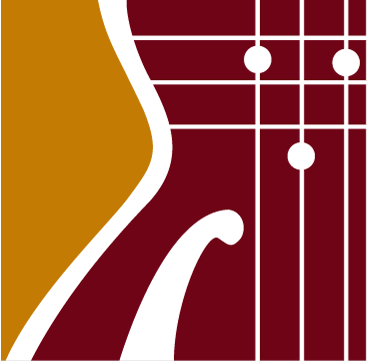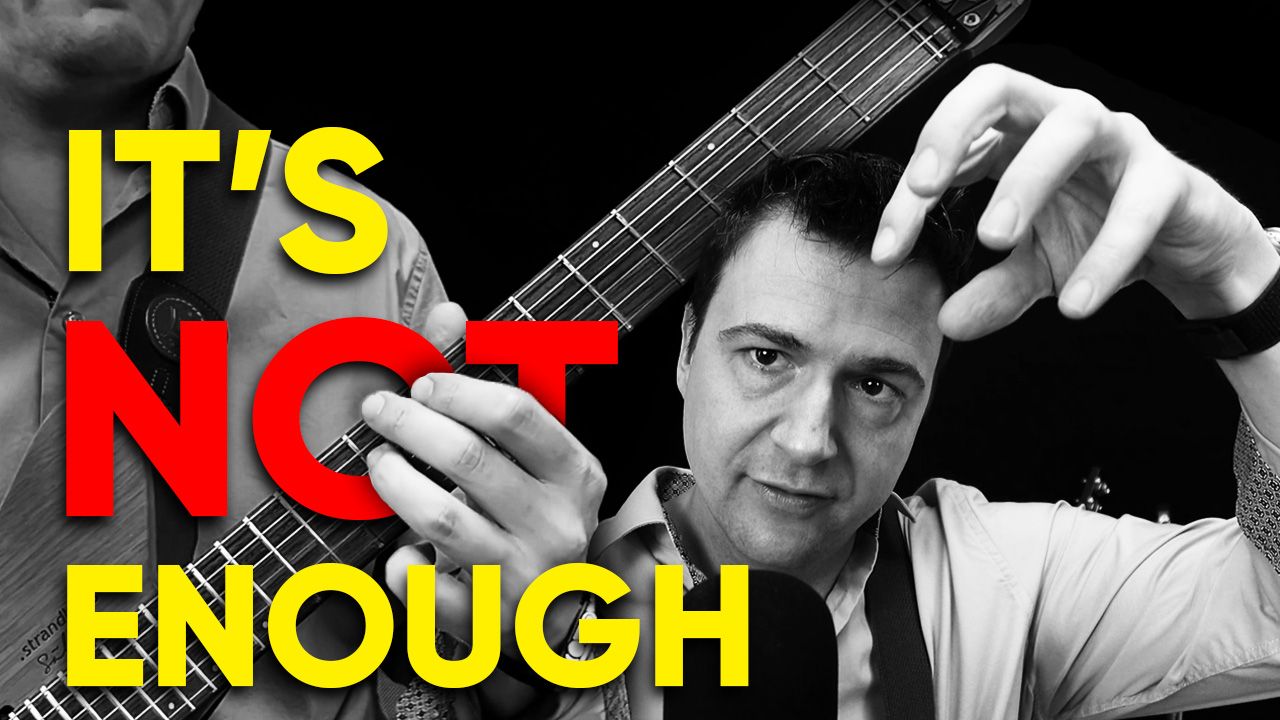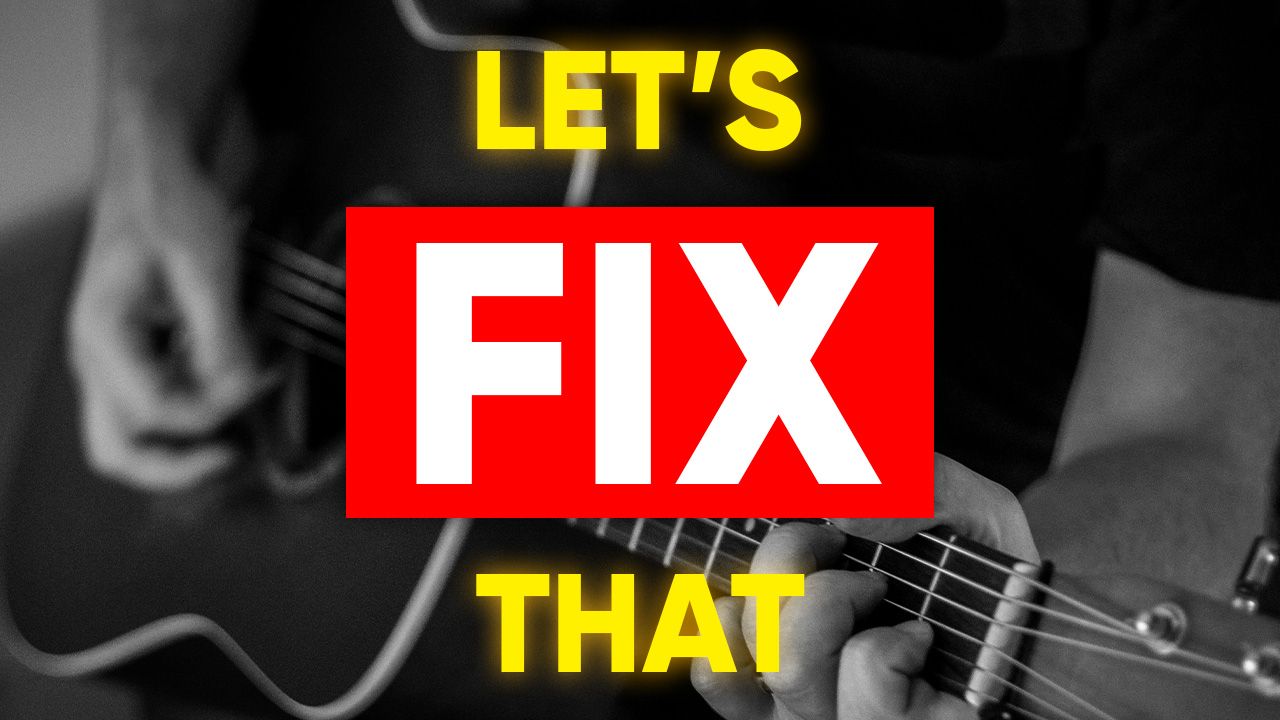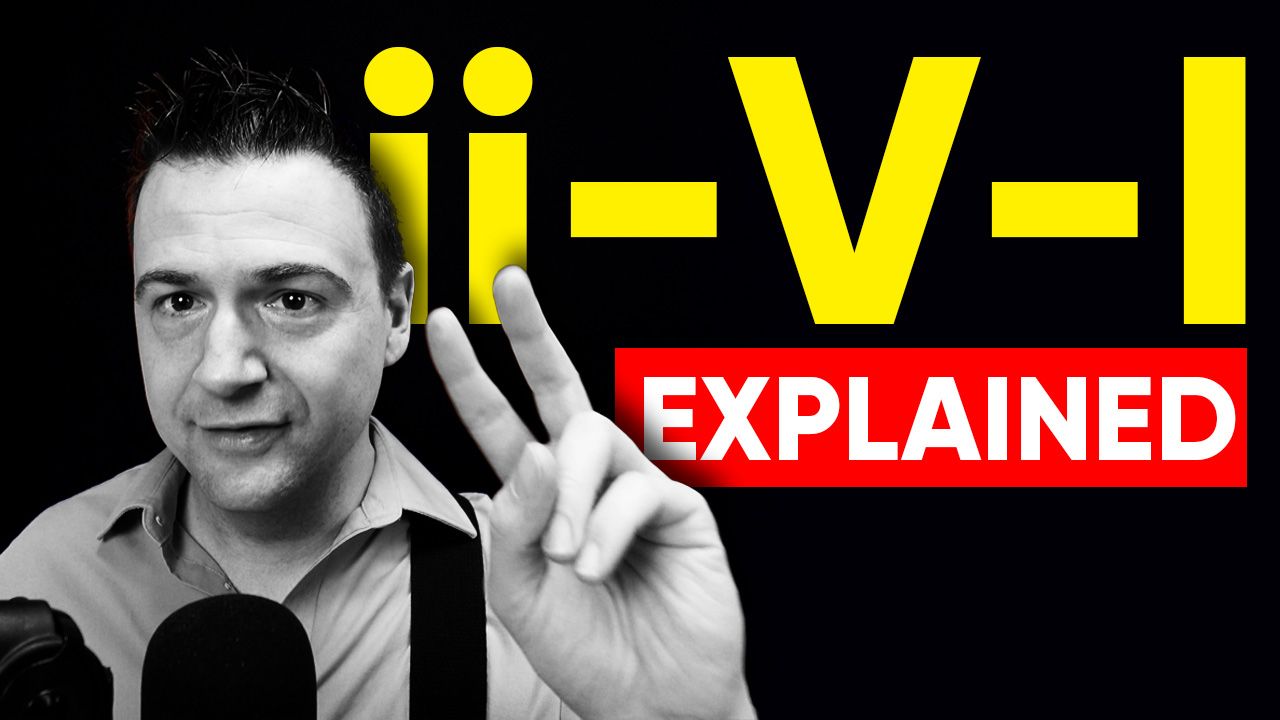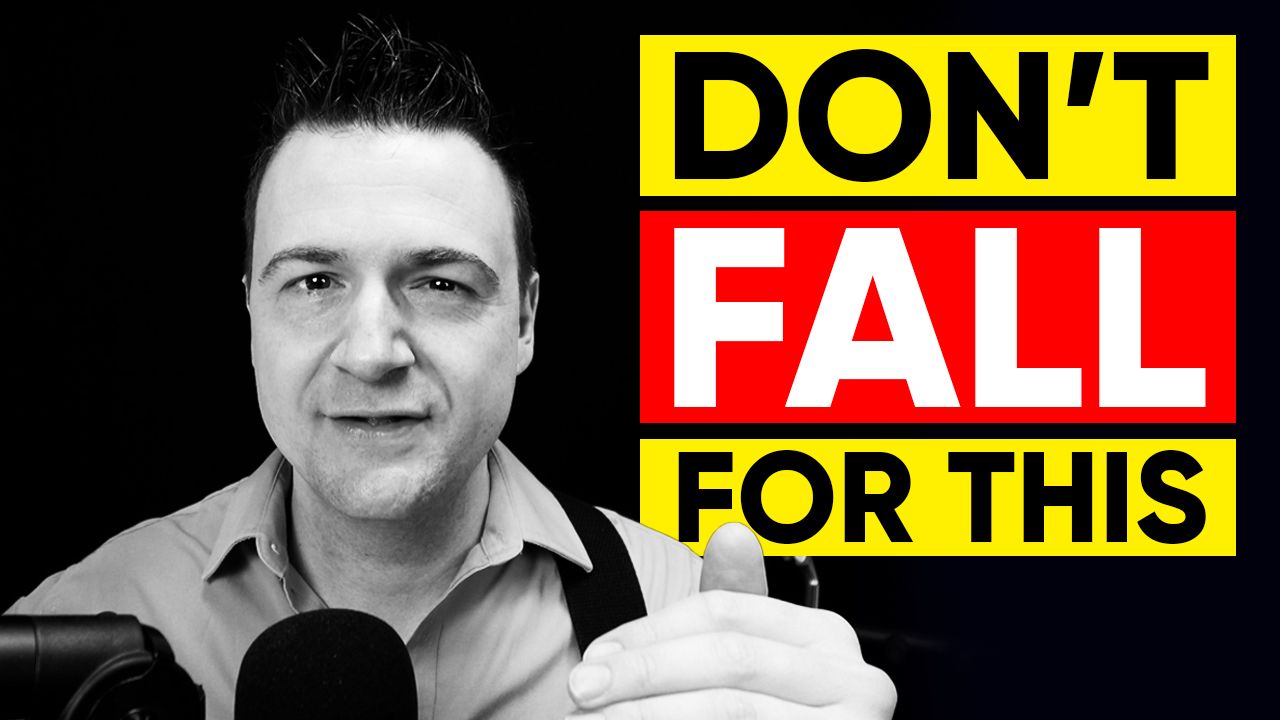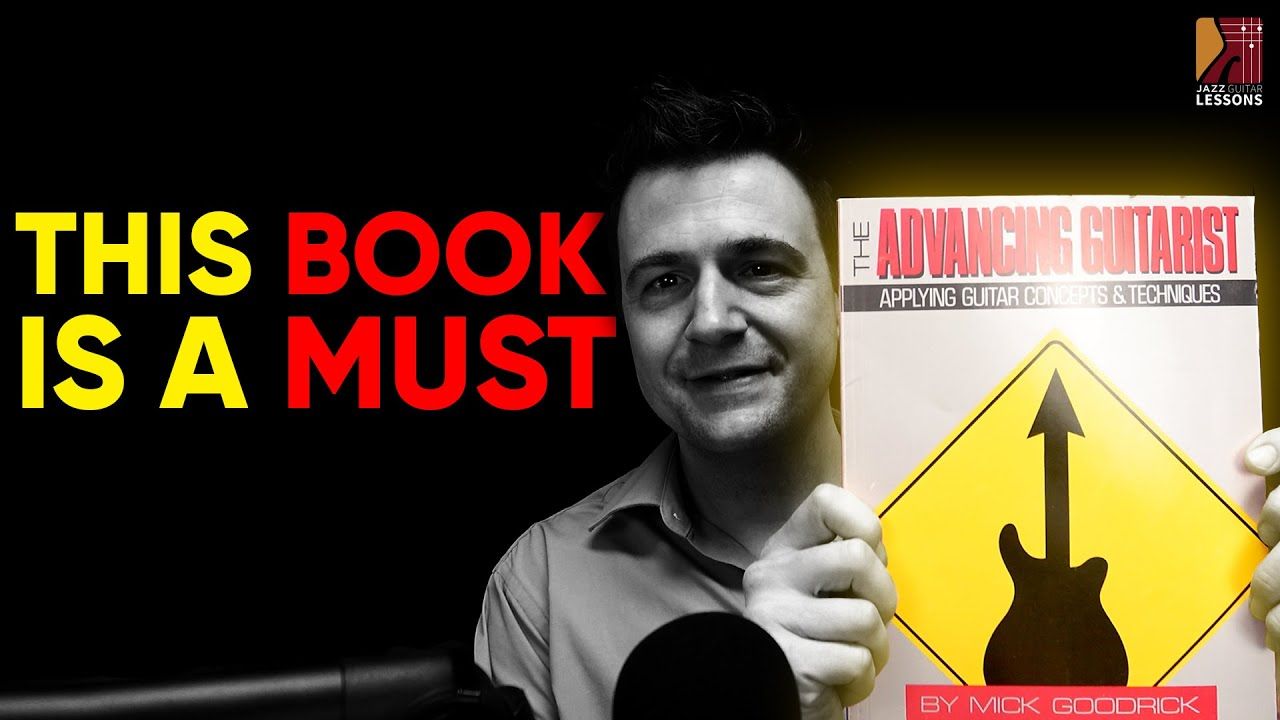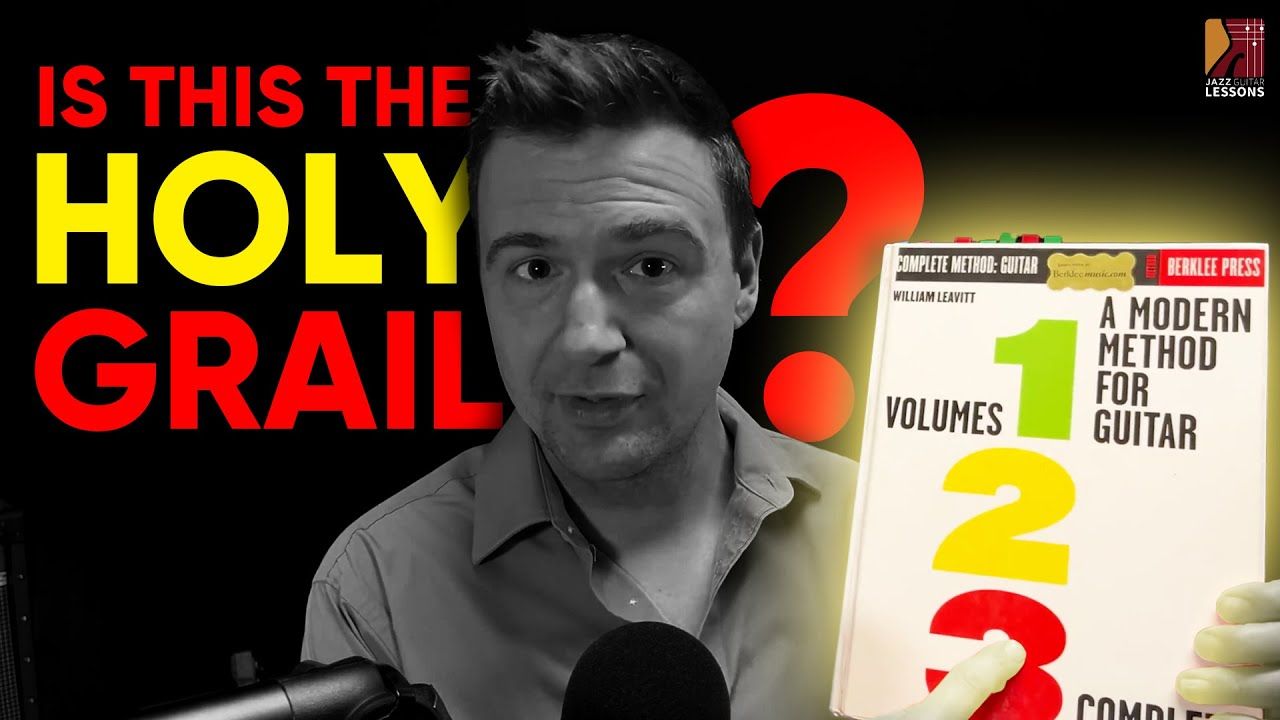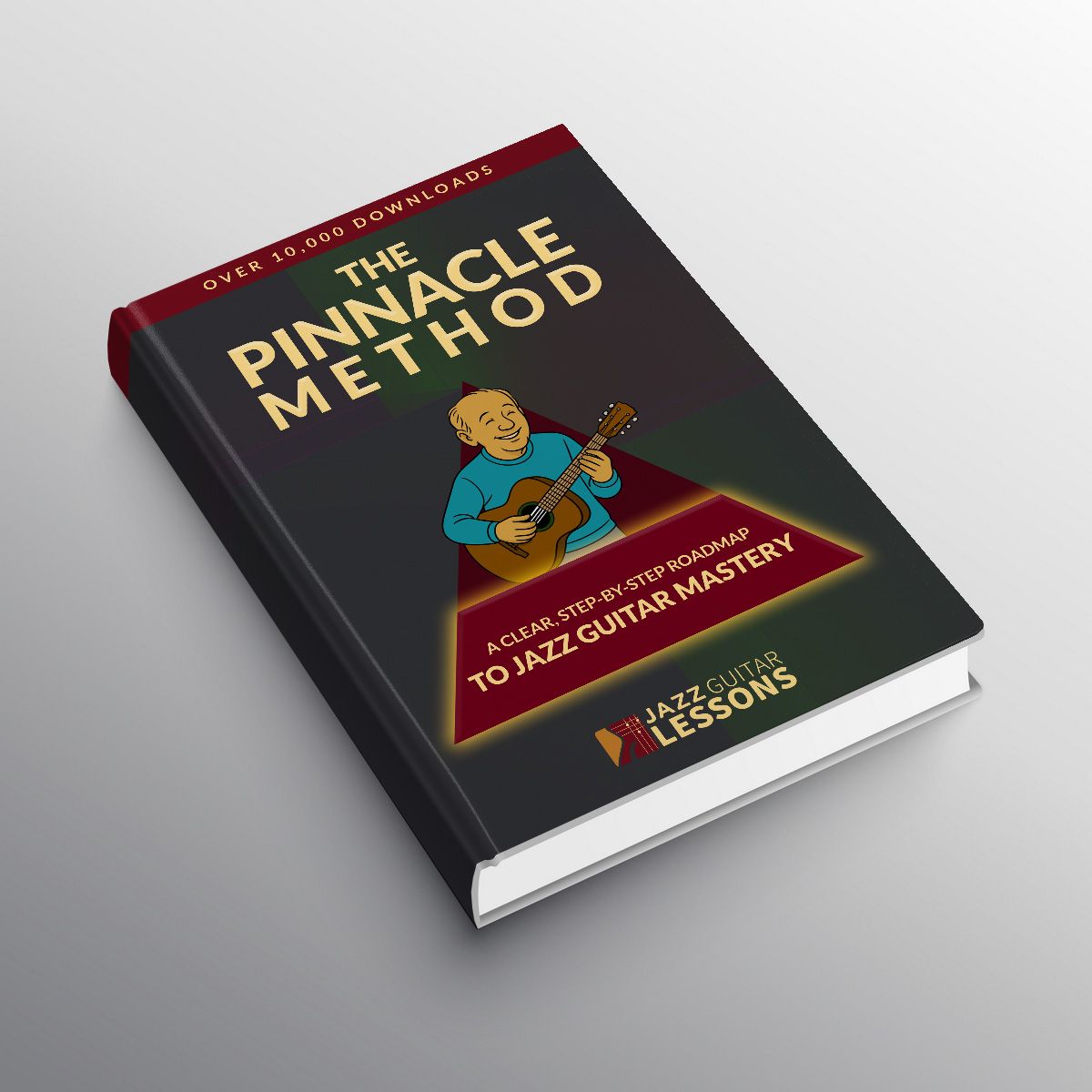
How Chord Melody Can Make You Question Everything and Stuff
Mar 26, 2015I often get asked "Is there a chord melody path I should embark on?" And this is a tricky question. I mean, sure, you can get a book of pre-fabricated chord melody arrangements on standards. But it won't answer most of your questions regarding harmony, melody and guitar playing.
Knowing and really playing in chord melody style requires far more than imitation. We have to imitate to some extent, yes. But we also have to know how melody and a harmony work (not to mention the guitar fretboard puzzle) in order to play fairly well, or even to create anything half-decent.
Don't get me wrong, some chord melody books are good. And I believe that practicing on well written-out pieces can really get you in that zone without you having to puzzle too much over how to create the chord melody in the first place. However, you are simply executing chord melody, just like classical musicians execute the ink on the page. You gain some stuff, but you don't get all the juices.
So, to get back to the heart of the issue, this basic "chord melody path" question is, indeed, an interesting one. Where do we start? All roads lead to the same place, it seems. But the big issue here (to me) is that there's lots of people getting trapped in chord melody dead-ends. Instead of trying to tell you that I have the remedy, I'll simply give you a little bit of my background as a jazz guitarist and some "Key Lessons". It can, perhaps, help you gain some perspective on your current musical situation.
La Belle Province: Montreal, La Fabuleuse

A quick overview of my own chord melody "learning curve" and experience: I moved to Montreal in 2005, having enrolled in full-time undergrad studies in jazz at a famous University there. I had already finished Modern Method Volume 1 and 2. And I had played a handful (NOT two handfuls) of jazz gigs at that point. These little engagements were something like three sets, ten tunes each set. About 25% Bb blues tunes. Mostly reading the chart from a music stand, mostly disasters. My first gigs were spectacular train wrecks to be honest. I had some idea of how to play jazz guitar, but no concept. And no ears. And no time: I'd get lost in the forms all the time. I was mostly a rock (read prog-metal) guitarist at that point.
And it's in 2005 that I had the privilege to cross paths with the great Gary Schwartz at the University. He's still a very good friend and mentor (he might even be reading this!) Starting from my second semester in full-time "jazz studies" (that's what the University called the program), I enrolled in weekly 60-minute private instrument lessons with Gary. So, every Friday morning I took the bus to Gary's place for the lesson. We systematically worked on two things. First, reading together about 10 minutes or less. And second, building chord melody arrangements on standards. I'll spare you the detail of the royal (and deserved) ass-kicking I was getting in the sight-reading department.
I recall spending the first two weeks of this semester working on my own personal chord melody on Stella by Starlight. Then there was a few weeks dedicated to Beautiful Love. Then I don't remember much. But it's beyond the point.
The striking aspect of those guitar lessons is that Gary was simply asking me to "play the tune", meaning playing an unaccompanied version of the piece in a guitar style. As I later discovered, this also meant having the melody clearly stand out, and implying the harmony with guitar chords whenever possible. So simple, right?
Play the Song: Chord Melody Stuff
In order to make it clear for readers: "just" playing the tune sounded ridiculously too easy for me at the time. I knew a bunch of standards already, so I assumed I was above that. I personally had a "youngster drive" and wanted to work on several more modern concepts, like playing inGary Schwartz Jazz Guitar odd time signatures.
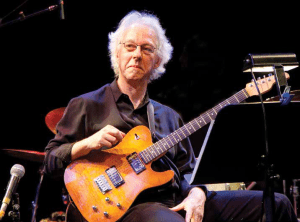
Getting to my Friday morning lesson and playing back a naked solo guitar version of Stella by Starlight (especially with Gary listening) completely changed my perspective on executing simple melodies. And that's why I say that chord melody playing can (and will!) make you question everything you know about music. Provided you do it diligently, of course. And provided you don't believe you already know everything. :-)
It takes several strengths combined together to make such performance of a timeless standard sound decent. Doing small things in a great way, as they say. You need to know the melody (by rote), the chords (by rote), the guitar fretboard, some useful voicings, etc. You also need to know how to make the melody stand out and this requires pretty good timing skills. Time is of the essence.
Moving On
So after my studies, and several years playing professionally, I wound up teaching quite a lot. This is not uncommon for jazzers, and I'm still teaching to this day. But what is uncommon, and related to the title of this post, is this question: how can chord melody make you question everything? Indeed, how can it?
My take on this is that if you get some serious whipping (from a serious jazz guitar teacher), chord melody playing makes you aware of how little of the instrument and the music you actually know. Or, let me re-phrase this: it puts into perspective how little music you know how to apply in a tasteful manner. Chord melody makes you wonder why you never worked on the basics (so far) in your musical journey.
So, chord melody makes you question everything. It makes you revisit things you thought you knew. It makes you question ...
- your knowledge of the melody at hand
- your knowledge of the chord sequence
- your knowledge of sufficiently practical chord voicings
- your skills in applying the above to create a meaningful performance of a standard song
- your sense of time in a jazz context
- your ability to focus and really work on a tune for prolonged periods of time
- And it makes you wonder if referring to yourself as a "jazz guitarist" is still relevant. ;-)
What to Make of All This?
Another hard one. We know for a fact that we need to play on tunes (lots of tunes) to get a firm grasp on chord melody playing. But the rest can quickly descend into an inferno of aesthetics. Nevertheless, I have assembled some key points you might want to focus on right away. This is like your little take home for the day.
Let's put it this way: the "Key Lessons" below constitute the core of what I personally learned from lessons with Gary Schwartz. And let me also point out that these ideas had time to mature with years, performance experience, teaching experience and (last but not least) online teaching experience. They are in fact "crystallized" versions of all the wish-I-had-known stuff about chord melody and the guitar! :-)
12 Key Lessons in Chord Melody
This is the best advice I have on the topic of chord melody at the moment. To save some time (and space, about 1000 words) this part of the post has been converted to PDF format for your convenience.
